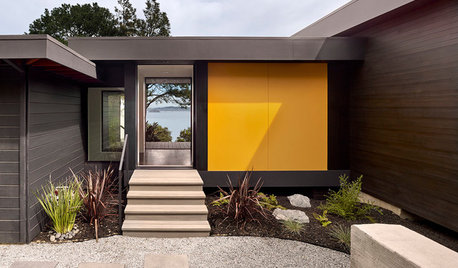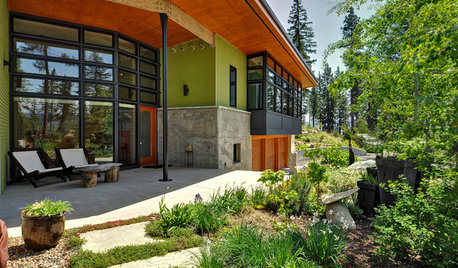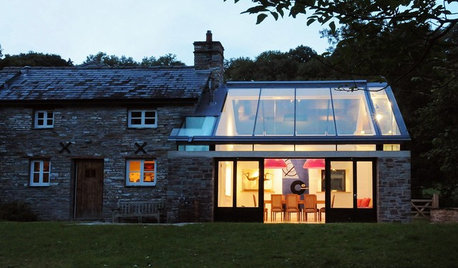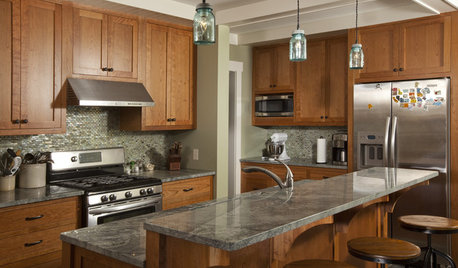Preferred Type of Custom Home Construction Contract
virgilcarter
10 years ago
Featured Answer
Comments (12)
DLM2000-GW
10 years agolast modified: 9 years agoJules
10 years agolast modified: 9 years agoRelated Professionals
Four Corners Architects & Building Designers · Henderson Architects & Building Designers · Saint James Architects & Building Designers · Harrisburg Home Builders · Ives Estates Home Builders · Midlothian Home Builders · Puyallup Home Builders · Alamo General Contractors · Aurora General Contractors · Deer Park General Contractors · Gallatin General Contractors · Harvey General Contractors · Martinsville General Contractors · University Park General Contractors · Wolf Trap General Contractorsvirgilcarter
10 years agolast modified: 9 years agorenovator8
10 years agolast modified: 9 years agovirgilcarter
10 years agolast modified: 9 years agorenovator8
10 years agolast modified: 9 years agovirgilcarter
10 years agolast modified: 9 years agorenovator8
10 years agolast modified: 9 years agorenovator8
10 years agolast modified: 9 years agovirgilcarter
10 years agolast modified: 9 years agodej142
9 years agolast modified: 9 years ago
Related Stories

BUDGETING YOUR PROJECTConstruction Contracts: What to Know About Estimates vs. Bids
Understanding how contractors bill for services can help you keep costs down and your project on track
Full Story
BUDGETING YOUR PROJECTConstruction Contracts: What Are General Conditions?
Here’s what you should know about these behind-the-scenes costs and why your contractor bills for them
Full Story
WORKING WITH PROSConstruction Contracts: How to Understand What You Are Buying
Learn how plans, scope of work and specifications define the work to be completed
Full Story
CONTRACTOR TIPSWhat to Look for in a Contractor's Contract
10 basic ingredients for a contract will help pave the way to remodel happiness
Full Story
BUDGETING YOUR PROJECTDesign Workshop: Is a Phased Construction Project Right for You?
Breaking up your remodel or custom home project has benefits and disadvantages. See if it’s right for you
Full Story
DESIGN PRACTICEContracting Practice: Marketing Your Business
To keep those projects rolling in, combine old-school techniques with the latest in high-tech networking
Full Story
KITCHEN CABINETSCabinets 101: How to Choose Construction, Materials and Style
Do you want custom, semicustom or stock cabinets? Frameless or framed construction? We review the options
Full Story
REMODELING GUIDESWhat to Consider Before Starting Construction
Reduce building hassles by learning how to vet general contractors and compare bids
Full Story
REMODELING GUIDESConstruction Timelines: What to Know Before You Build
Learn the details of building schedules to lessen frustration, help your project go smoothly and prevent delays
Full Story
KNOW YOUR HOUSEStair Design and Construction for a Safe Climb
Learn how math and craft come together for stairs that do their job beautifully
Full Story







renovator8